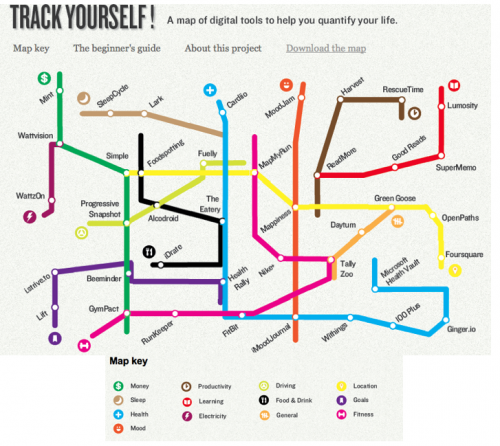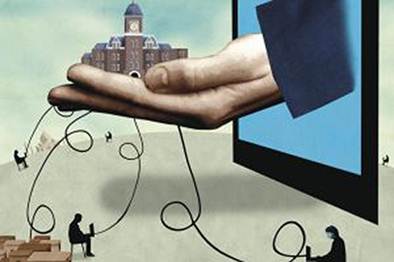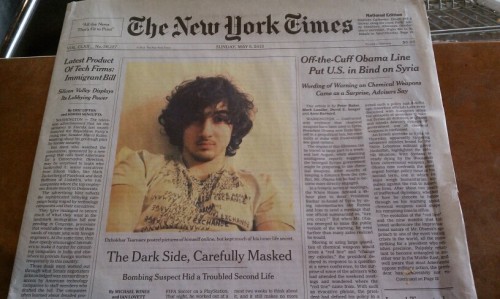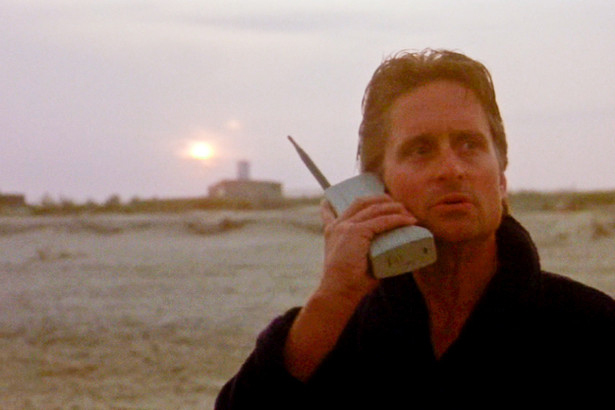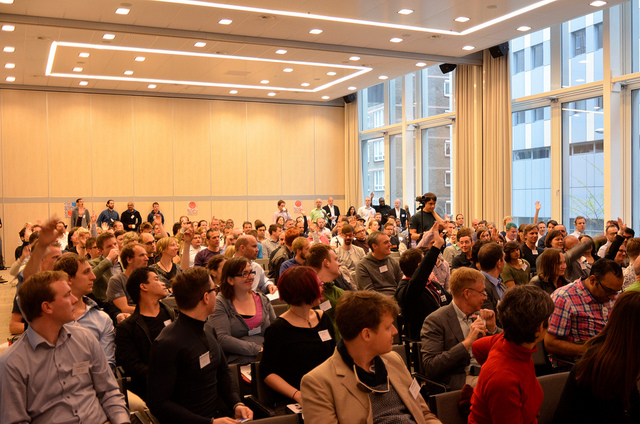
I’ve spent the last span of days trying to figure out what I want to say (first) about Quantified Self Europe 2013 (#qseu13), which took place in Amsterdam on 11 and 12 May. The conference spanned a truly amazing pair of days, both of which I spent furiously live-tweeting and paper-scribbling field notes as my jet-lagged brain threatened simultaneously to implode and to explode (in the best of all possible ways) on both an intellectual and a personal level. The Twitter-length post is easy: “Wow, #qseu13 was so awesome!” A few chapter-length essays would be easy as well, given enough time. A blog post, though…blog-length is hard.
For the sake of continuity, I’ll start this first post by picking up where I left off last week. On the first day of this year’s Quantified Self Europe, I hosted a breakout session [pdf] called, “The Missing Trackers,” in which I posed questions about who might be missing from the Quantified Self community, what we might learn about the Quantified Self community by looking at who’s missing from it, and whether those absences might be a problem. more...

